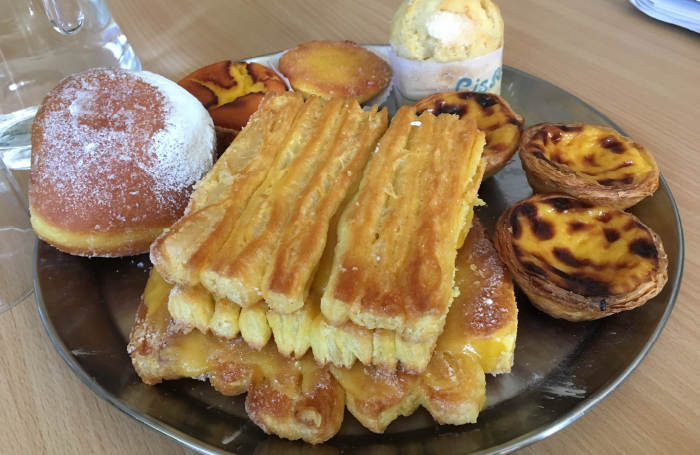New ways of seeing: A household lens
Significant health and economic inequalities persist over decades, lifetimes and across generations, leading to the gradual accumulation of long term conditions [link to GSTC report]. Yet existing approaches are failing to break the cycle for Portuguese speaking households in South London.
Ana and Jorge are from Madeira, where they love to visit – connecting with wider family, going to the beach and feeling at home in the culture. In Stockwell they live in a ground floor flat with their cat. Ana has multiple long term health conditions meaning she is regularly in pain and lacks physical strength, also affecting her mental health, including deep anxiety about hospital visits. Ana needs Jorge to help with things at home but also wants him to enjoy the freedoms of young adulthood. Jorge struggles and worries about Ana’s health.
The household lens offers a new way of seeing what is happening and how to support change. The support Ana and Jorge had previously was offered to each of them individually and was unable to see, let alone work with, them as an important unit together. In this project we developed story-based household assessments, directed by the households, working together to help surface what was important for the changes they wanted to make happen.
New ways of being: The team as a mirror for the changes we want to see
The Lambeth Portuguese Wellbeing Partnership (LPWP) is a grassroots alliance of local people and organisations working together to reduce systemic inequality. Since it is impossible for any one perspective to have all the answers to such a complex and systemic situation we assembled a diverse team, including: staff from local cultural organisations, domestic violence charities, the Angolan Consulate, the head of the local Primary Care Network alongside students, cleaners and accountants from Portuguese speaking communities. Some of the households who took part in the project and wanted to get more deeply involved also had paid roles within the project team.
Team members were determined to move away from hierarchical relationships they found in the health and care systems that stifled insight and pigeon-holed community ways of relating. As a team we focussed on mutuality, empowerment, self led working and capability development. For example, the team defined their own roles and transparently set their pay collectively.
New ways of doing: Household coaching & convívio
The team and the households worked together to develop some new ways of taking action. The first of these was called ‘Convívio’ (conviviality), a regular space of shared celebration, togetherness and meaning making. Convívio took place in person initially, with recipe sharing, dancing and storytelling, and then online through creative group activities after covid struck. These spaces created hope, confidence and togetherness for creating change.
Household coaching was the second mode of taking action. In the prototype, households were offered up to 4 sessions of coaching together, building knowledge, growing skills, setting goals and taking action on topics they had identified as factors that were either fertile or corrosive of their wellbeing.
When we met Ana and Jorge, they were clearly very supportive of each other, but they also reflected that they often find themselves ‘on the roundabout’ of endless arguments that take a while to recover from, caused by and feeding into anxiety which has been stopping them making the most of opportunities for work and social life here in London. Wellbeing coaching helped them to communicate in a different way, get off the roundabout and build confidence in a more hopeful future. Other households involved in this project started volunteering, stopped drug use and made healthier lifestyle choices in ways that would have been impossible with an individualised approach.
What next and what if?
The LPWP are exploring the potential of focussing this approach in a more targeted way on known health inequalities – e.g. diabetes, financial insecurity.
We’d also like to explore:
How could a household lens transform Primary Care?
How could a household lens play an integrating role in fragmented systems?


